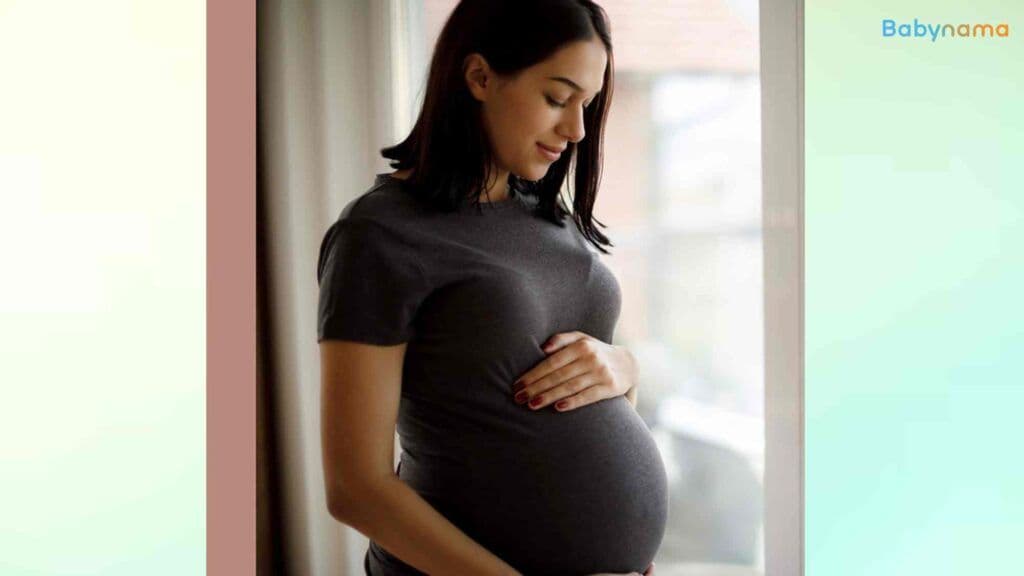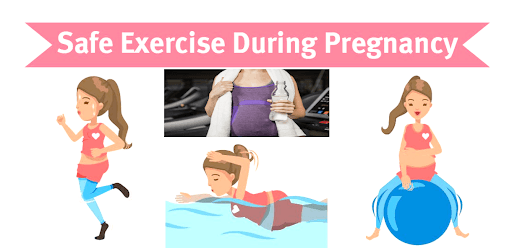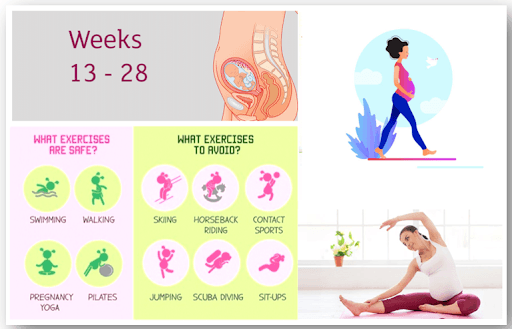
At 33 weeks of pregnancy, you are now counting down the days towards your due date and looking forward to meeting your baby. It can all be overwhelming– but remember to take time to relax, to focus on your physical and mental well-being, and let others help with your to-do list during this crucial period. You may even be getting people asking if you are nesting yet and may wonder what on earth that means. Nesting is a common term used to describe a burst of energy that some get in the last few weeks of their pregnancy and often involves lots of activity to clean and get organized before your baby's arrival. Continue reading the blog to learn more -

Pregnancy Developments and symptoms at 33 Weeks Pregnant:
- If your baby has turned and is now sitting lower in your pelvis, you may find that some of your pregnancy related symptoms, such as digestive discomfort and breathlessness have eased somewhat. This is simply because there is more space for your lungs to expand and your stomach to digest food.
- It is important to ensure that the baby is moving well. This means at least ten episodes of movement per day. The baby may not move much one day but the next it should. If it does not you should see a medical professional. In essence the tummy should be growing and the baby moving.
- Costochondritis - Your baby is also squirming, kicking and pushing against your bottom ribs and so you might have anything from the odd twinge to costochondritis - an inflammation of the cartilage in your chest wall.
- Your uterus (womb) could start preparing for the birth with Braxton Hicks contractions, which are sometimes referred to as practice contractions.
- On top of all these annoying pregnancy symptoms, you might be feeling some anxiety about labor and birth. This is all quite normal, but it is something you can talk to your midwife about. Attending antenatal classes can help a lot, as can talking to women in your circle who’ve given birth.
- Insomnia –
- Your sleep being affected is a very common pregnancy symptom and can start as early as the first trimester lasting right up until the birth of your baby. This can leave you feeling shattered, exhausted and have an effect on your physical and mental well-being too.
- It’s thought that one of the reasons for insomnia in pregnancy is due to the hormonal changes that happen due to pregnancy which can leave you feeling tired and emotional. The extra weight of pregnancy in the third trimester can also have an impact, affecting how you lie, trying to find a comfortable position to sleep – not to mention an active and moving baby who wants to dance when you lie down!
- Try the following to help with your insomnia:
- Gentle exercise during the day
- Try to avoid heavy meals late in the evening
- Cut out caffeine
- A warm bath or shower can help
- Get used to going to sleep at a regular time
- Avoid using screens or devices for 30 mins before lights out

Baby Development:
- Your 33-week sized baby is now as big as a whole pineapple, measuring nearly 44 centimetres in length and weighing a 1.8 kilograms.
- Baby’s bones:
- They’re fully developed but they’re still a little soft and pliable so they can pass through the birth canal. The plates of your baby’s skull are especially soft and have gaps in between them - the fontanelles - so they can move closer together to ease your baby’s entry into the world.
- These fontanelles stay soft for up to 12 months after your baby’s born so that their skull can carry on expanding to accommodate their growing brain.
- Your baby's brain and nervous system are now fully developed. Your baby's brain can now control its body temperature.
- Baby's Movement: Your Baby begins to move less now as it runs out of room -- at least ten movements every 2 hours that can be felt -- and curls up with knees bent, chin resting on chest, and arms and legs crossed. Baby likes to swallow and yawn.
- Sleeping and waking periods are becoming more regular, with the fetus spending most of the time asleep. There are now variations within the sleep pattern with alternate periods of REM (dream sleep) and non-REM sleep, which is a deeper, more restful sleep.

33 Weeks Pregnant: What you should be preparing for
- At this late stage of pregnancy it’s time to really look after yourself. Rest when you can, ignore some of the housework or get someone else to pitch in and share the load.
- It's a good time to tone up your pelvic floor muscles. Gentle exercises can help to prevent leakage when you laugh, sneeze or cough. Get the muscles going by pretending that you're having a pee and then stopping midflow.
- Relaxation exercise can really help you feel calmer and help with better sleep– find ones that work for you and are easy to do.
- Making your sleep environment cooler can help too – you can feel extra warm in pregnancy, so turning down the heating can help get a good night’s sleep.

Conclusion
Always consult with healthcare professionals for guidance tailored to your specific needs and circumstances. Enroll in our free lactation webinar to understand more about pain suffered during breastfeeding, possible causes, and solutions for the same.





